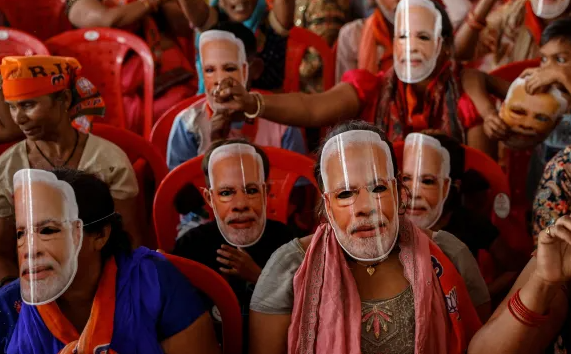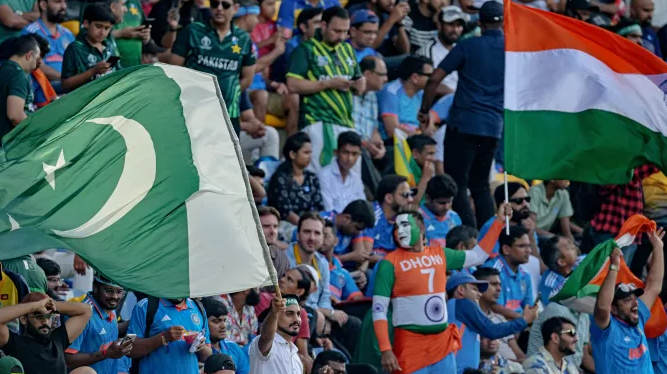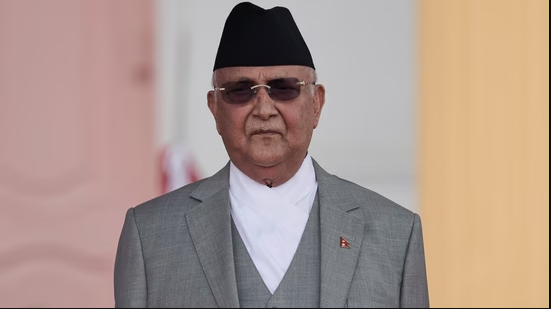India’s government has expanded its powers to regulate online content, granting authority to lower-ranking officials to demand takedowns from digital platforms a move critics warn could tighten state control over free expression.
The new rules, quietly issued this week under the Information Technology Act, mean that not only senior government ministries but also mid-level bureaucrats at the state and district level can instruct companies such as Facebook, X (formerly Twitter), and YouTube to remove content deemed unlawful or a threat to public order.
Officials argue the change is necessary to respond more swiftly to harmful material, including misinformation, hate speech, and content inciting violence. A senior official from the Ministry of Electronics and Information Technology said the decision would “streamline enforcement and allow faster action when harmful posts spread online.”
Digital rights groups, however, say the expansion risks opening the door to abuse and arbitrary censorship. Nikhil Pahwa, founder of the digital policy platform Medianama, described the move as “a significant escalation that dilutes accountability and transparency in the takedown process.”
India already has some of the world’s toughest online content rules, with platforms required to comply with takedown orders or risk losing their legal protections. Recent years have seen frequent clashes between social media companies and authorities, particularly over posts critical of the government or covering sensitive political issues.
Opposition parties accused the government of seeking to silence dissent ahead of upcoming state elections, warning that local officials could misuse the new powers to target journalists, activists, and political opponents.
International observers also expressed concern. Human Rights Watch said the move “further erodes digital freedom in the world’s largest democracy” and called for independent oversight of takedown requests.
The government has defended its position, insisting the changes are aimed at protecting citizens from harmful content, not stifling debate. “Freedom of speech is respected, but it cannot come at the cost of public safety,” the ministry spokesperson added.
Technology companies operating in India have not yet commented publicly on the changes, though industry insiders suggest the expanded authority will likely increase the number of takedown requests they must process.
With India’s online population now surpassing 800 million, the decision is expected to intensify debate over the balance between regulation, security, and free expression in the digital sphere.



